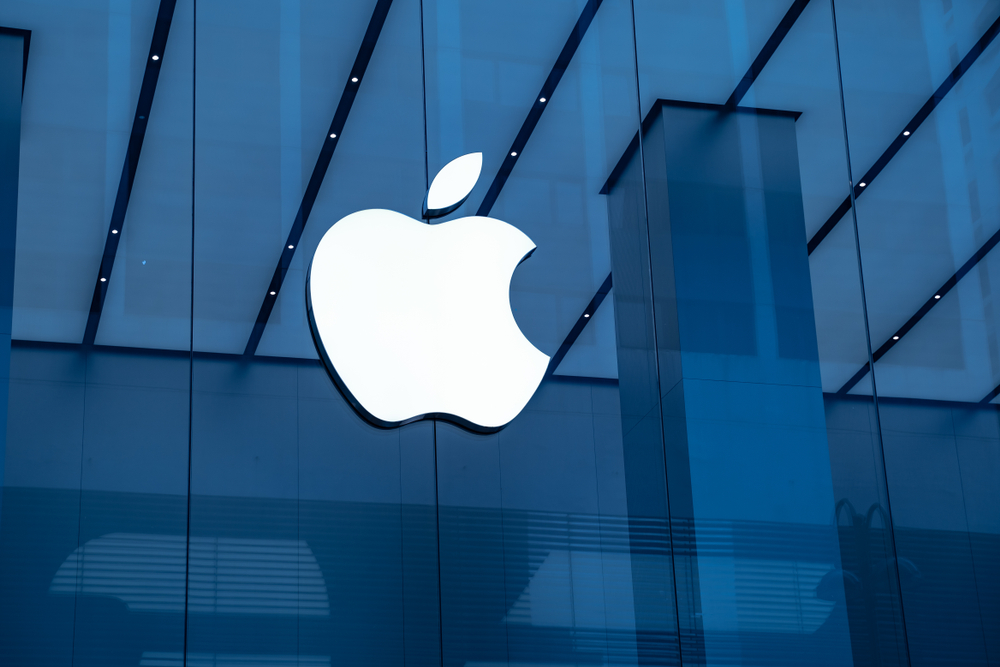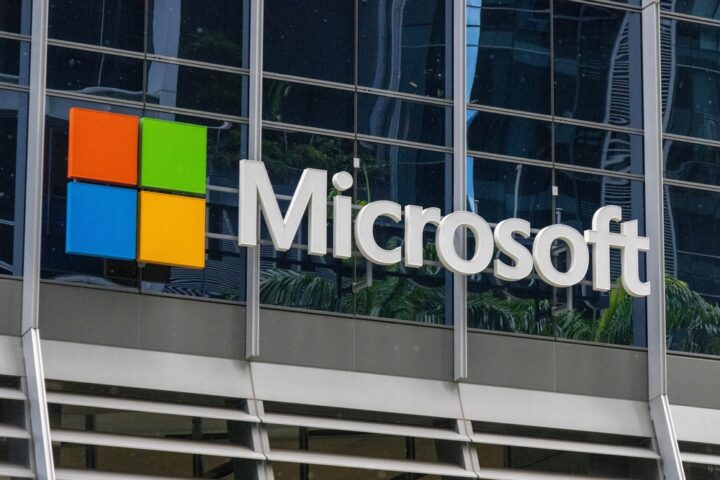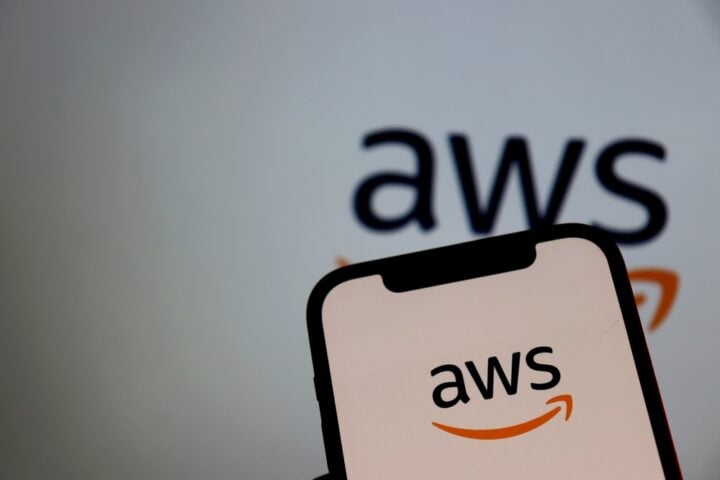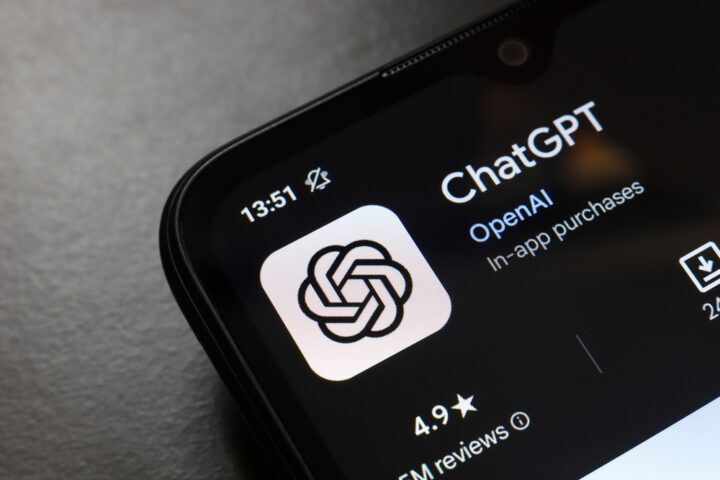Apple is taking the unprecedented step of removing its highest-level data security tool, Advanced Data Protection (ADP), from customers in the UK following demands from the government for access to user data. ADP uses end-to-end encryption to ensure that only account holders can view their data, including photos and documents stored on iCloud.
Government Demand and Apple’s Decision
The UK government requested access to this encrypted data earlier this month, which even Apple cannot view. In response, Apple decided to disable ADP in the UK, meaning that UK customers’ iCloud data will no longer be fully encrypted. Data with standard encryption remains accessible to Apple and can be shared with law enforcement if a warrant is provided.
In a statement, Apple expressed deep disappointment, saying, “As we have said many times before, we have never built a backdoor or master key to any of our products, and we never will.”
Impact on Users and Privacy Concerns
From 1500GMT on Friday, UK users trying to enable ADP were met with error messages. Existing users will have their access disabled at a later date. The exact number of ADP users in the UK is unknown, but the feature was available to British customers since December 2022.
Cyber-security expert Prof. Alan Woodward criticized the decision as “an act of self-harm” by the UK government, arguing it weakens online security and privacy for UK users. Privacy advocate Caro Robson noted that it was “unprecedented” for a company to withdraw a product rather than comply with government demands.
Legal Context and Backlash
The request was issued under the UK’s Investigatory Powers Act (IPA), compelling tech firms to provide user data to law enforcement. Privacy campaigners labeled it an “unprecedented attack” on individual privacy. The Home Office declined to comment on the order’s existence.
Will Cathcart, head of WhatsApp, warned that forcing a global backdoor into Apple’s security would endanger users worldwide. U.S. politicians expressed concerns about the implications for American national security and called for a review of intelligence-sharing agreements with the UK.
Global Implications and Industry Reactions
Apple’s decision could set a precedent for other countries demanding access to encrypted data. U.S. Senator Ron Wyden called it a “dangerous precedent” that authoritarian regimes could exploit. Apple maintained its commitment to user security and hopes to reinstate ADP in the UK in the future.
Rani Govender from the NSPCC urged tech firms to balance privacy with child safety. The charity argues that end-to-end encryption could hinder efforts to detect child sexual abuse material (CSAM).
Wider Context and U.S. Concerns
The decision comes amid growing tensions between the U.S. and other countries over tech regulation. U.S. Vice President JD Vance voiced concerns about international regulations affecting American tech firms, reflecting a broader geopolitical debate over data privacy and security.







